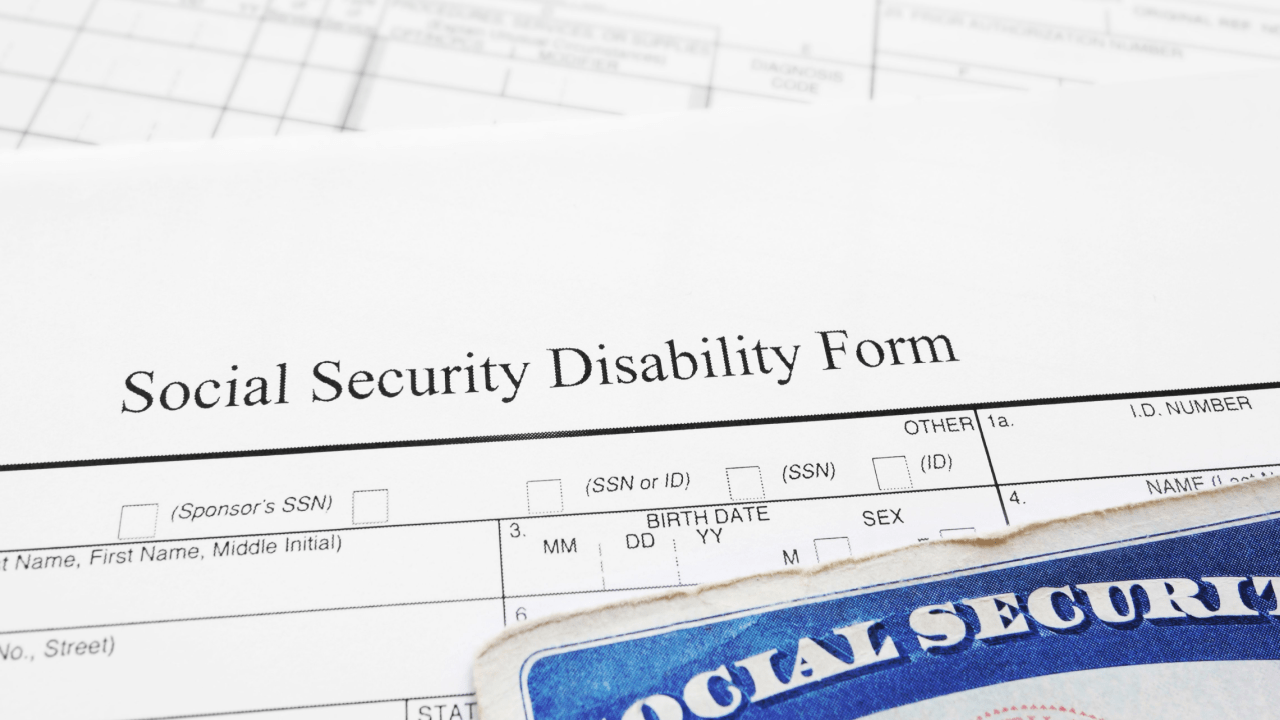
At What Age Do Full Social Security Benefits End?
Understanding Benefits: At What Age Do You Not Get Out of Your Full Social Security?
At what age do you not get out of your full Social Security benefits becomes a crucial question for retirement planning. The answer is straightforward: once you reach age 70, Social Security benefits stop increasing, regardless of how long you delay claiming them. This means waiting beyond age 70 provides no additional financial advantage.
The Social Security Administration (SSA) confirms that when you reach age 70, your monthly benefit stops increasing even if you continue to delay taking benefits. Understanding this critical age threshold helps millions of Americans maximize their retirement income. Beyond age 70, delayed retirement credits cease to accumulate, making it the optimal time to begin collecting benefits if you haven’t already started.
Maximum Benefits: Social Security Payment Limits After Age 70
The maximum benefit depends on the age you retire. For example, if you retire at full retirement age in 2025, your maximum benefit would be $4,018. However, if you retire at age 62 in 2025, your maximum benefit would be $2,831. If you retire at age 70 in 2025, your maximum benefit would be $5,108.
When you reach age 70, your monthly benefit stops increasing even if you continue to delay taking benefits. This creates a clear deadline for when strategic delay no longer benefits your financial situation.
Critical Timeline: When Full Retirement Age Affects Your Benefits
Full retirement age varies based on your birth year. The current full retirement age is 67 years old for people attaining age 62 in 2025. For those born in 1959, the full retirement age is 66 years and 10 months, while anyone born in 1960 or later has a full retirement age of 67.
The question “at what age do you not get out of your full Social Security” becomes more complex when considering early versus delayed claiming. Here’s how timing affects your benefits:
- Age 62: Earliest claiming age with approximately 30% reduction
- Full Retirement Age (66-67): 100% of earned benefits
- Age 70: Maximum benefits with delayed retirement credits
The Social Security Administration (SSA) will pay you retroactively for benefits accrued up to six months after your 70th birthday, but that’s it. If you wait any longer, benefits you would have received are permanently forfeited.
Key Factors That Determine Your Benefit Amount
Several elements influence how much you’ll receive from Social Security:
- Work History: Your 35 highest-earning years determine benefit calculations
- Claiming Age: When you start benefits dramatically affects monthly payments
- Maximum Taxable Income: The cap, which is the total amount of earnings subject to Social Security tax, is $168,600 in 2024.
Healthcare Coordination: Medicare and Social Security Integration
The Centers for Medicare & Medicaid Services (CMS) works closely with the Social Security Administration regarding benefit coordination. Medicare is our country’s health insurance program for people age 65 or older. You’ll sign up for Medicare Part A and Part B through Social Security.
If you are age 65 or older and receive Social Security benefits, you will be automatically enrolled in Part A. Part A coverage begins up to 6 months before the month you apply if you are over 65. This automatic enrollment occurs regardless of when you claim Social Security benefits.
Tax Implications: IRS Rules for Social Security Benefits
The Internal Revenue Service (IRS) provides specific guidance on Social Security taxation that affects benefit planning. Social Security can potentially be subject to tax regardless of your age. While you may have heard at some point that Social Security is no longer taxable after 70 or some other age, this isn’t the case.
Smart Strategy: Planning Your Social Security Claiming Decision
When considering at what age do you not get out of your full Social Security, remember that only 6.5 percent of Social Security recipients put off collecting their benefits until they reach three score and ten, the age at which they can collect the maximum benefit.
Most financial experts recommend delaying benefits as long as possible, up to age 70, especially if you have other income sources. However, individual circumstances vary significantly.
Consider these factors when planning your claiming strategy:
- Current health status and life expectancy
- Other retirement income sources
- Immediate financial needs
- Spouse’s benefits and claiming strategy
Take Action Today: Optimize Your Social Security Benefits
For comprehensive guidance on all Social Security programs, including disability benefits, retirement planning, and benefit optimization strategies, visit our website at Social Security Disability. Our expert resources help you navigate the complexities of Social Security timing, understand at what age do you not get out of your full Social Security benefits, and explore all available options to maximize your financial security.
Frequently Asked Questions
1. At what exact age do Social Security benefits stop increasing?
Social Security benefits stop increasing at age 70, making this the latest advantageous age to begin claiming benefits.
2. Can I still work after age 70 while collecting Social Security?
Yes, you can work after age 70 without affecting your Social Security benefits, and your earnings might even increase future benefit calculations.
3. What happens if I wait past age 70 to claim benefits?
If you wait longer than half a year, you’ll start losing monthly benefits you would have otherwise received. The SSA provides retroactive payments for only six months past your 70th birthday.
4. How much more do I get by waiting from full retirement age to 70?
Delaying from full retirement age to 70 increases your benefit by approximately 32% through delayed retirement credits.
5. Do I need to apply for Social Security at age 70?
The SSA won’t automatically start sending you checks once you turn 70. You need to apply for benefits. You can apply up to four months before you want benefits to begin.
Key Takeaways
- Maximum Age: Benefits stop increasing at age 70, answering “at what age do you not get out of your full Social Security”
- Optimal Strategy: Wait until age 70 for maximum benefits if financially feasible
- Planning Tool: Use ssa.gov to estimate benefits at different claiming ages
- Application Timing: Apply for benefits at age 70; waiting longer forfeits payments
- Work Flexibility: Continue working after age 70 without benefit penalties


